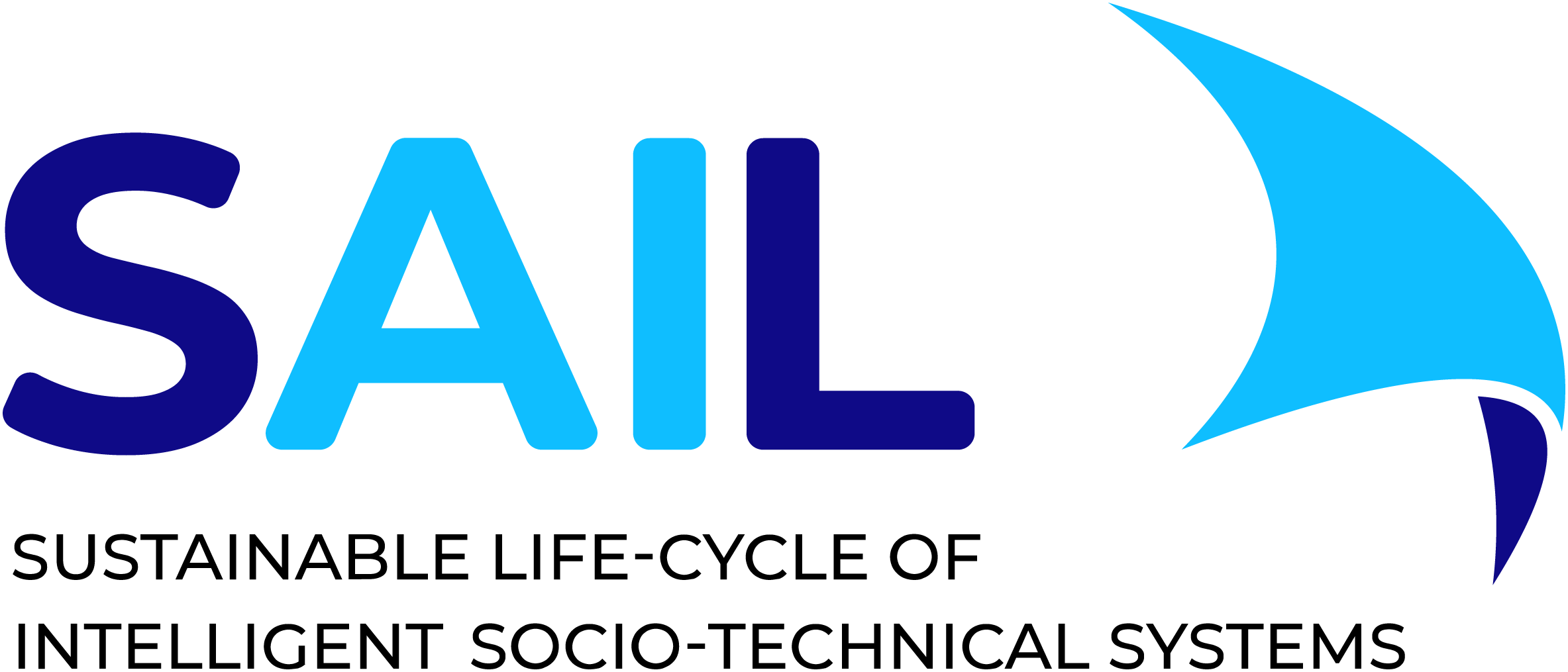Motivation
Digital Assistive Technologies (AT) have been widely used to support people with disabilities at work. However, many existing systems, interfaces, and tools remain inaccessible or insufficiently adaptable to the wide range of human abilities. In the workshop AT@Work: Intelligent Assistive Technologies for Enabling Workplace Inclusion, we want to bring together a diverse community of researchers, designers, developers, practitioners, and individuals with lived experience to critically examine the role of digital ATs in advancing workplace inclusion for individuals with disabilities.
Intended Audience & Submissions
We invite a diverse community of researchers, designers, developers, practitioners, and individuals with lived experience to critically explore the role of digital assistive technologies in fostering workplace inclusion. Submissions of various types that contribute to the workshop's topics and discussions are welcome, including but not limited to:
- Reports from ongoing or completed projects
- Findings from scientific studies
- Insights from case studies
- Conceptual or theoretical frameworks
- Design methods or speculative approaches
- Personal experiences
Submissions should be written using the ASSETS conference template, with a preferred length of 1–4 pages including references, and submitted via e-mail to mario.heinz@th-owl.de. Please include the authors’ names and affiliations, short biographies, and a brief statement of your interest in participating in the workshop. We will review submissions to ensure a balanced representation of topics, geographic regions, and communities. Accepted contributions will be made available to all participants prior to the workshop and will also be published in a dedicated post-workshop proceedings volume.
Workshop Topics
We invite contributions that address the following questions:
- How can assistive technologies be designed to account for the diversity of abilities and working contexts?
- What frameworks and participatory methods ensure meaningful participation of workers with disabilities in design and evaluation?
- How can we assess the long-term impact of these technologies on inclusion, autonomy, and skill development?
- What strategies are needed to promote digital equity in vocational settings?
- What is the role of emerging technologies such as Large Language Models, Augmented Reality, and advanced robotics in shaping inclusive work environments?
Important Dates
Paper Submission
August 15, 2025
Review Feedback
August 22, 2025
Camera Ready
September 15, 2025
Registration Policy
At least one author of each accepted position paper or workshop artifact must attend the workshop, and all participants must register for the workshop.
Organizers

MarioHeinz-Jakobs
OWL University of Applied Sciences and Arts, Germany

SinemGörmez
OWL University of Applied Sciences and Arts, Germany

Hailey L.Johnson
University of Wisconsin–Madison, United States

JensGerken
TU Dortmund University, Germany

MaxPascher
TU Dortmund University, Germany

GiuliaBarbareschi
University of Duisburg-Essen, Germany

SamindaSundeepa Balasuriya
Queensland University of Technology, Australia

LaurianneSitbon
Queensland University of Technology, Australia

CarstenRöcker
OWL University of Applied Sciences and Arts, Germany
Supported By







For more information and any questions
Please Contact Mario Heinz-Jakobs mario.heinz@th-owl.de
